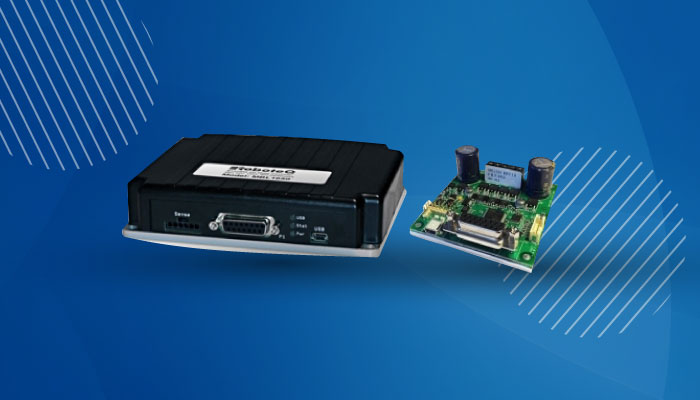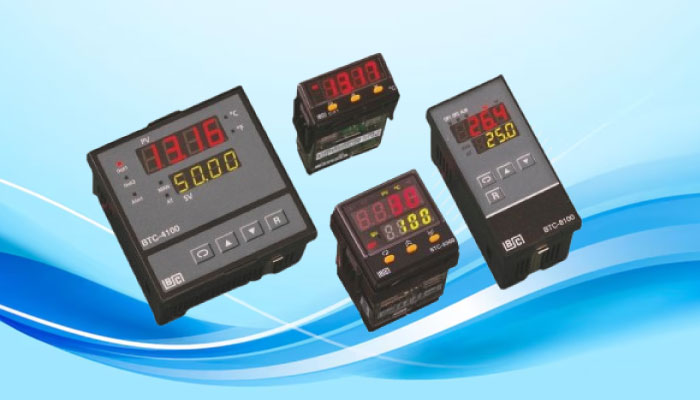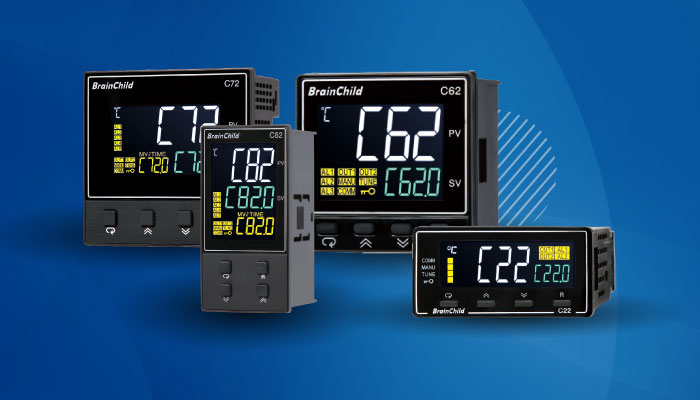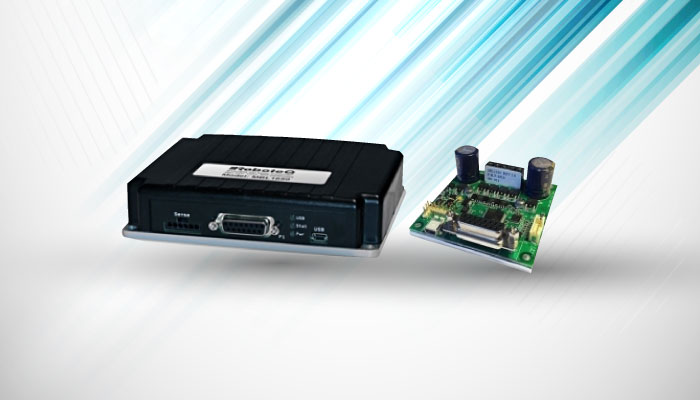The Role of DC Motor Controllers in Electric Vehicle Innovation

As the global automotive industry accelerates towards a more sustainable future, electric vehicles (EVs) have emerged as a pivotal component in reducing carbon emissions and dependence on fossil fuels. Central to the efficient operation of EVs are DC motor controllers, which play a crucial role in managing the performance and reliability of electric motors. In this blog, we will explore the significant role of DC motor controllers in the innovation and development of electric vehicles and how they contribute to the advancement of this transformative technology.
Understanding DC Motor Controllers
DC motor controllers are electronic devices that regulate the speed, torque, and direction of direct current (DC) motors. In electric vehicles, these controllers are responsible for converting electrical energy from the battery into mechanical energy, driving the vehicle's wheels. The primary functions of a DC motor controller in an EV include:
- Speed Regulation: Controlling the rotational speed of the motor to match the desired speed of the vehicle.
- Torque control: modifying the motor's torque output to produce the required acceleration and deceleration.
- Efficiency Optimization: Ensuring that the motor operates at optimal efficiency to maximize the vehicle's range and minimize energy consumption.
- Regenerative Braking: This technique recharges the battery by capturing kinetic energy during braking and transforming it back into electrical energy.
The Importance of DC Motor Controllers in EVs
DC motor controllers are essential for the efficient and effective operation of electric vehicles. Here are several ways they contribute to EV innovation:
- Enhancing Motor Performance and Efficiency
One of the primary roles of DC motor controllers in EVs is to enhance the performance and efficiency of the electric motor. By precisely controlling the voltage and current supplied to the motor, DC motor controllers ensure smooth acceleration and deceleration, providing a seamless driving experience. Advanced controllers use algorithms to optimize the motor's performance, reducing energy consumption and extending the vehicle's range. This efficiency is critical for EVs, as it directly impacts the driving distance between charges and the overall energy consumption of the vehicle.
- Enabling Regenerative Braking
Electric vehicles with regenerative braking have a major advantage in terms of energy efficiency. To recharge the battery when an electric vehicle (EV) decelerates, the DC motor controller puts the motor into generator mode. This converts kinetic energy back into electrical energy that would have otherwise been lost as heat. This process not only extends the driving range of the vehicle but also reduces wear and tear on the braking system, enhancing the overall longevity of the vehicle components. DC motor controllers are essential for overseeing this procedure and guaranteeing the successful and efficient recovery of energy.
- Supporting Advanced Vehicle Dynamics
Modern electric vehicles are equipped with advanced vehicle dynamics control systems that enhance safety, stability, and handling. DC motor controllers play a vital role in these systems by providing precise control over the motor's output. For example, in all-wheel-drive electric vehicles, DC motor controllers can independently manage the torque delivered to each wheel, improving traction and stability in various driving conditions. This capability is particularly beneficial in adverse weather conditions, such as rain or snow, where maintaining traction is critical for safety.
- Facilitating Smooth Integration with EV Battery Systems
DC motor controllers are designed to seamlessly integrate with the EV's battery management system (BMS). To monitor and control the electrical flow between the battery and the motor, this integration is essential. By optimizing this flow, the motor controller ensures that the battery's state of charge is maintained at an optimal level, preventing overcharging or deep discharging that could damage the battery cells. Additionally, this integration helps in balancing the load across the battery pack, extending the overall lifespan of the battery and maintaining its health.
- Driving Innovation in Electric Vehicle Design
The compact size and versatility of DC motor controllers have opened up new possibilities in electric vehicle design. Unlike internal combustion engines, electric motors and their controllers can be positioned in various locations within the vehicle, allowing for more flexible and innovative designs. This flexibility has led to the development of different types of electric vehicles, from compact city cars to high-performance sports cars and even electric trucks and buses. As a result, automakers can design vehicles that cater to a wide range of consumer needs and preferences, driving greater adoption of electric vehicles.
- Enabling Future Technologies in EVs
DC motor controllers are at the forefront of enabling future technologies in electric vehicles. As the industry moves towards autonomous driving, the need for precise and reliable motor control becomes even more critical. DC motor controllers are being designed to work in tandem with advanced driver-assistance systems (ADAS) and autonomous driving algorithms, providing the fine-tuned motor control necessary for safe and efficient self-driving vehicles. Additionally, with the rise of connected vehicles and the integration of the Internet of Things (IoT), DC motor controllers are evolving to support real-time data communication and remote monitoring, further enhancing their functionality and utility in modern EVs.
Conclusion
DC motor controllers are fundamental to the innovation and advancement of electric vehicles. By providing precise control over motor performance, enabling regenerative braking, and supporting advanced vehicle dynamics, these controllers are essential for maximizing the efficiency, safety, and performance of EVs. As the automotive industry continues to shift towards electrification, the importance of DC motor controllers will only grow, driving further advancements in electric vehicle technology.
Are you ready to innovate with DC motor controllers for your EV applications? Contact us at Theta Controls to learn more about our advanced motor control solutions and how they can enhance your electric vehicle designs!


